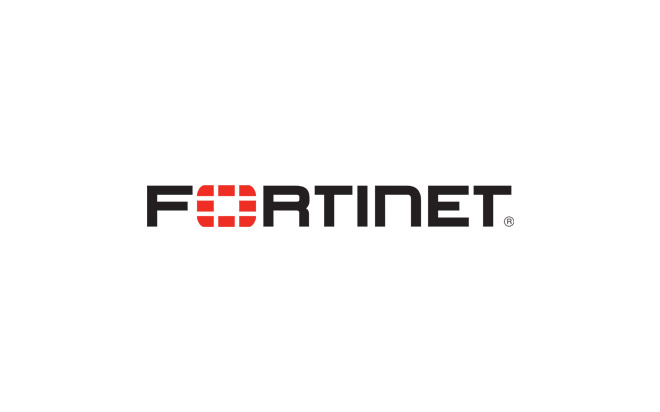.jpg)
New information technologies make constant changes in the company's work processes and in our daily lives. Each company has confidential information. In some cases, the cost of such confidential information exceeds the cost of the entire network infrastructure of the company (active and passive local area network devices, network information storage resources, complex information protection systems). Leaks of confidential information typically lead to significant financial losses, especially when developing new technologies and products. Nowadays information has turned into a commodity that can be bought, sold, exchanged.
In addition to leaking confidential information, there are other types of information threats aimed at completely or partially suspending the company's work processes, blocking operational access to necessary external and internal information resources, reducing or completely shutting down network infrastructure, and physically damaging individual computer components.
With the spread of the pandemic all over the world, the issue of remote connection to the work networks of enterprises, educational institutions, various public organizations has also become very topical. Each, incorrectly organized remote connection in terms of information security is a potential vulnerability in an enterprise or organization's network.
Breaking into any company's information protection can also become a wireless network. Even the most advanced wireless security standards do not guarantee 100% protection against hacking. Therefore, organizing information security of any size enterprise requires a complex approach.
All the dangerous impacts that information systems may experience should be divided into accidental and premeditated impacts.
Causes of accidental impact during operation may be:
- Emergency situations (power outages, natural disasters)
- Device malfunction and crash
- Software developer errors
- Mistakes in the work of service personnel
- Without electromagnetic interference in connecting lines
Intentional impacts on information systems usually occur for a specific purpose and may be carried out by employees or guests of the company, employees of a competitor or specially hired specialists.
Premeditated impacts can be motivated by a variety of motives and goals:
- Company employee dissatisfaction with his employer;
- Receiving financial rewards and benefits;
- Out of curiosity and self-esteem;
- Gaining competitive advantages;
- Causing material damage
The most common types of premeditated hacking and information security breaches are unauthorized access to campaign information resources. The offender uses any error in the information protection system, for example, in the irrational choice of means of protection, their incorrect installation and maintenance.
Upon receiving unauthorized access to the Company's information resources, the infringer may steal, alter or destroy any information available to it.
Malicious users can gain unauthorized access to confidential information in the following ways:
- In the absence or weakness of the hardware protection of the network infrastructure from external threats (incorrect choice of complex protection devices, incorrect maintenance of the elements of the complex protection system);
- Using a company employee (reading information from a screen or keyboard, passing information to a competitor via electronic carriers or in the form of printed documents);
- Using software vulnerabilities and errors (capture passwords, copy information from train, decrypt encrypted information);
- Using special equipment (decoders, connection lines and electromagnetic radiation scanners from power lines and power grids).
Basic principles of ensuring information security with modern systems:
- Integrity of information, namely protection against accidental or premeditated (internal or external) impacts, interruptions during transmission between elements of the network infrastructure, resulting in loss of information, unauthorized creation and destruction of data;
- Confidentiality of information, namely granting access to restricted resources only to certain users, comprehensive protection of confidential information from theft, alteration or destruction;
- Access to information, namely unimpeded access to all authorized users in accordance with the rights granted to them to access all resources.
Vendors
If you are interested in learning more about implementing information security solutions for your company, please contact us at our office for advice.

